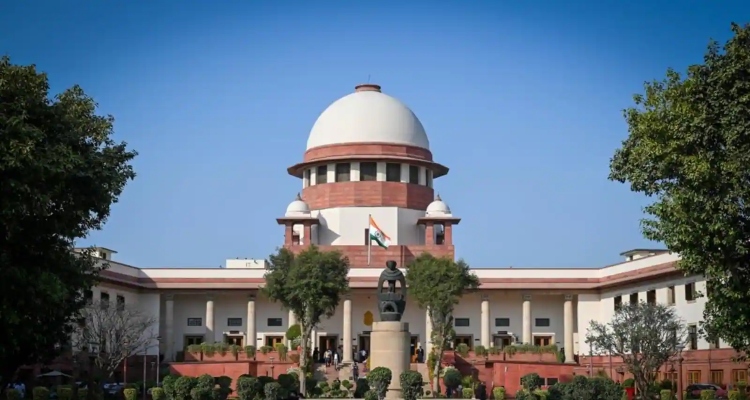
The Supreme Court expressed disappointment that despite the prescribed time frame for the recruitment of judicial officers, only nine out of 25 states completed the induction of civil judges within the stipulated time.
Timely Recruitment
The apex court had mandated a time frame for filling vacancies in district and subordinate courts, originally scheduled to commence on March 31 and end by October 31 of the same year. However, the schedule was adjusted at the request of several high courts.
“A report from the Supreme Court’s Centre for Research and Planning notes that despite the judgment in Malik Mazhar (supra) prescribing timelines for recruitment, only 9 out of 25 states completed the recruitment of Civil Judge (Judge Division) within the stipulated time frame,” the court observed. The report highlighted that the State of Bihar took 945 days to complete the recruitment process from the date of advertisement (March 9, 2020) to the date of final result (October 10, 2022).
In its judgment, the top court reiterated the importance of having a time schedule for conducting judicial service examinations. Referring to the specifics of the case at hand, the bench noted that for the Bihar selection process, the advertisement was issued in January 2015, with the final selection made on May 17, 2016, and the last candidate interviewed only in August 2016 due to necessary course corrections. Similarly, for the selection of civil judges in Gujarat, while the advertisement was issued in 2019, the selection process was completed only in 2021.
Process
To streamline the recruitment process and ensure clarity and certainty, the bench advocated for processes like moderation of marks to be set out in the rules, thus promoting transparency and avoiding dilemmas in the selection process. The court issued several directions, including the provision of a designated authority for candidates to approach for clarification during recruitment processes.
Furthermore, the judgment suggested providing a basic outline of the syllabus for the proposed test to assist candidates from diverse backgrounds in planning and preparing for the examination. The court emphasized the importance of notifying the Chief Justices of all High Courts regarding the judgment to enable stakeholders to take appropriate steps in response to the directions provided.




